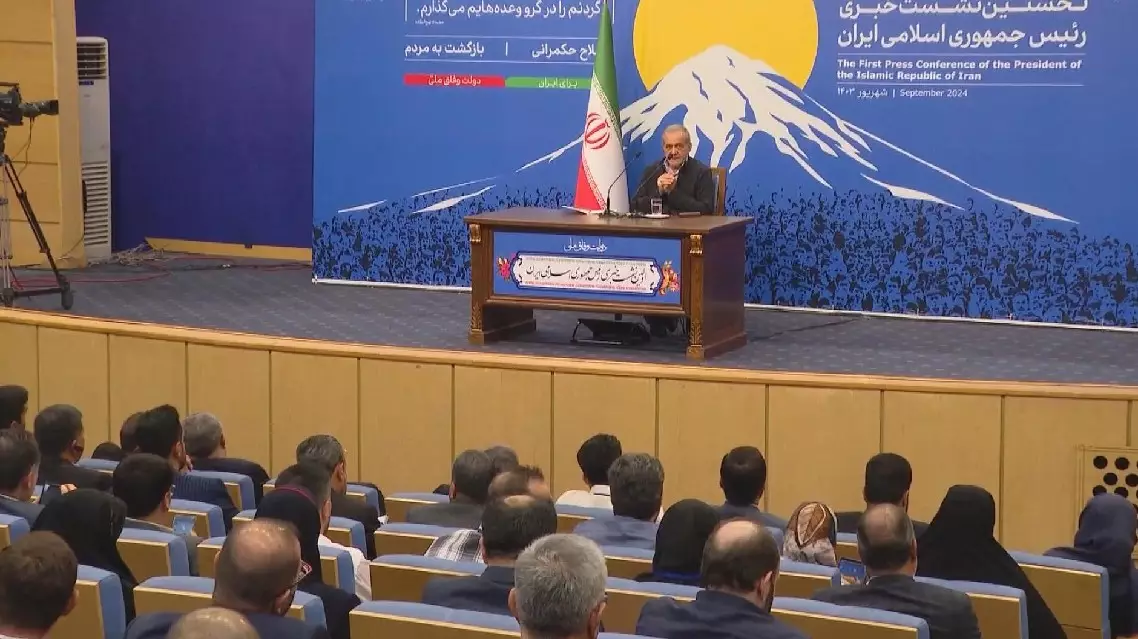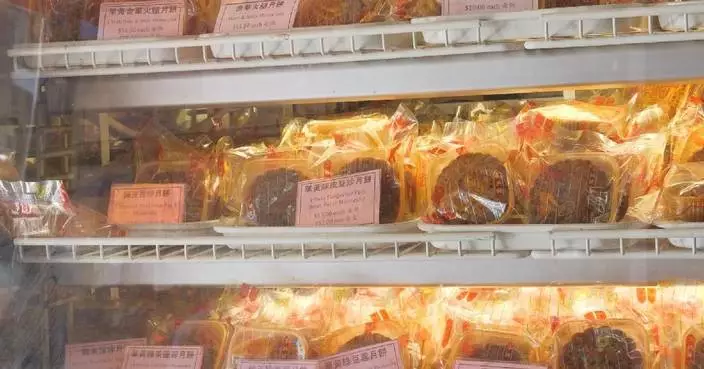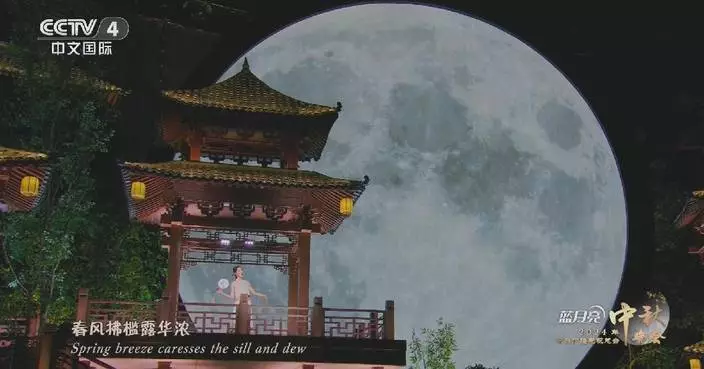The U.S. government 's opposition to the proposed steel merger between Nippon Steel and U.S. Steel is another example of U.S. trade protectionism and could strain economic relations between the countries, a Japanese economist said on Wednesday.
Despite apparent agreement between the two steel groups last December, the deal has been thrown into chaos after reports emerged that the U.S. government's Committee on Foreign Investment sent a letter to the two companies involved, indicating that the acquisition could pose risks to U.S. national security.
Nippon Steel had recently proposed signing a binding national security agreement with the U.S. government to address these security concerns, but uncertainties remain.
Giving his assessment of the situation, Hidetoshi Tashiro, chief economist at Japan's Infinity LLC, believes this is another instance in the long history of the U.S. adopting trade protectionist measures to suppress Japan, and thinks the collapse of the deal could even prove harmful to Japan-U.S. relations.
Tashiro said the merger was initiated by Nippon Steel primarily as an economic action driven by the pursuit of maximizing the firm's profits.
"If Nippon Steel were able to acquire U.S. Steel, it could utilize its own technology within the United States to achieve integrated production from iron ore to thin steel sheets used in automobiles. This would bring significant profits, which is why Nippon Steel has expressed its intention to pursue the acquisition," he said.
However, Tashiro noted how Nippon Steel's acquisition plan is coming under pressure from the U.S. government, with the current question marks over the deal being entirely driven by political interests.
He said the uncertainty could create more doubt among Japanese businesses and further strain economic cooperation between Japan and the United States.
"It is difficult for Japan to cope with U.S. protectionism on its own. This was true in the past in the semiconductor sector, and it is also true in the automotive sector. Additionally, it is not out of the question that Japanese companies already in the U.S. may quietly withdraw before the situation worsens. In this sense, at the corporate level, which is the most fundamental level, the economic relationship between Japan and the U.S. is being weakened," said the economist.

US gov't opposition to steel merger another example of trade protectionism: Japanese economist









